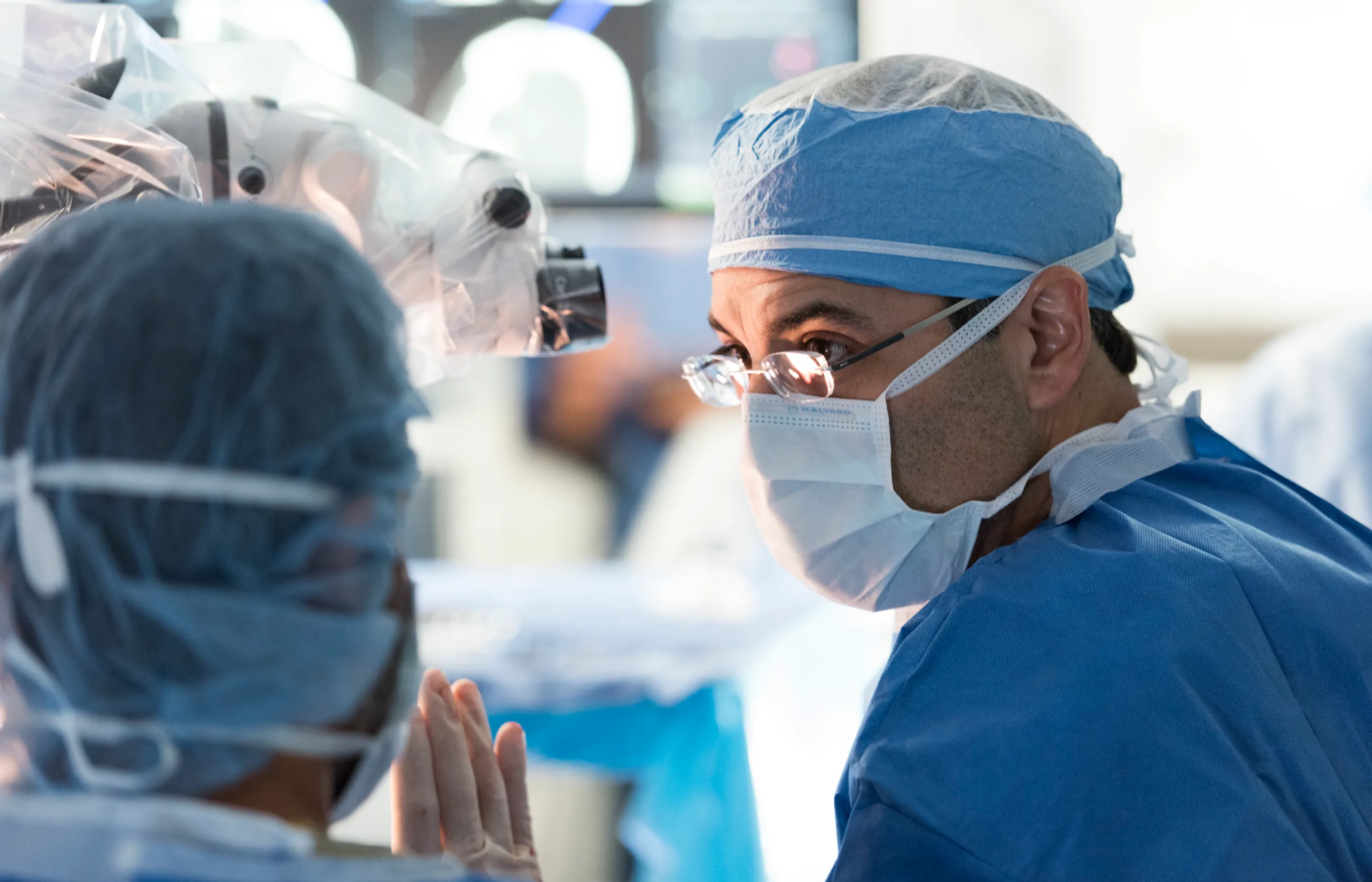General Surgery Residency
We appreciate your interest in what we believe is an excellent training program for future general surgeons. Five years is a long time, but residents will tell you it goes by quickly when you have made the right choice. Your interest in obtaining more information about the Residency in General Surgery at Novant Health New Hanover Regional Medical Center in Wilmington, NC, is something we would like to encourage.
We are proud of our program, our residents, alumni, faculty, medical students and hospital staff. Residents play a highly valued role in the care of sick patients within our healthcare network.
Novant Health General Surgery Residency Program Mission:
Training the surgeon leaders of tomorrow, to ensure the future of outstanding health
Department of Surgery Vision
The mission of the Novant Health Department of Surgery supports a tripartite vision, which includes providing comprehensive evaluation and state of the art care to patients with oncologic, pediatric, vascular, and intensive care disorders, providing educational programs in all areas of clinical surgery and applied basic science, as well as generating new knowledge and information from research programs that will contribute to future surgical practice.
To fulfill our vision, the faculty is committed to demonstrating a philosophy of education and behaviors that reflect our core values of integrity, compassion, high performance and accountability, scholarship and collegiality, lifelong learning and continued improvement, and creativity.
Overall Educational Goals & Objectives (Program Aims)
To educate and train residents to perform at the advanced level expected of a board-certified specialist and to direct inter-professional and multidisciplinary teams necessary for the care of surgical patients. General Surgery education will include:
-
Didactic instruction in basic and clinical sciences relevant to treating surgical diseases and conditions.
-
Instruction in procedural skills and operative techniques determined as essential by the American Board of Surgery.
-
Preparation for life-long self-regulated learning and appreciation of evidence-based medicine to provide comprehensive care to surgical patients.
-
Acquisition of an appropriate fund of knowledge (including technical skills) and the ability to synthesize information and utilize acquired knowledge appropriately in clinical situations (surgical judgement).
William W. Hope, MD
Program Director
Kathy Radley, C-TAGME
Program Administrator
